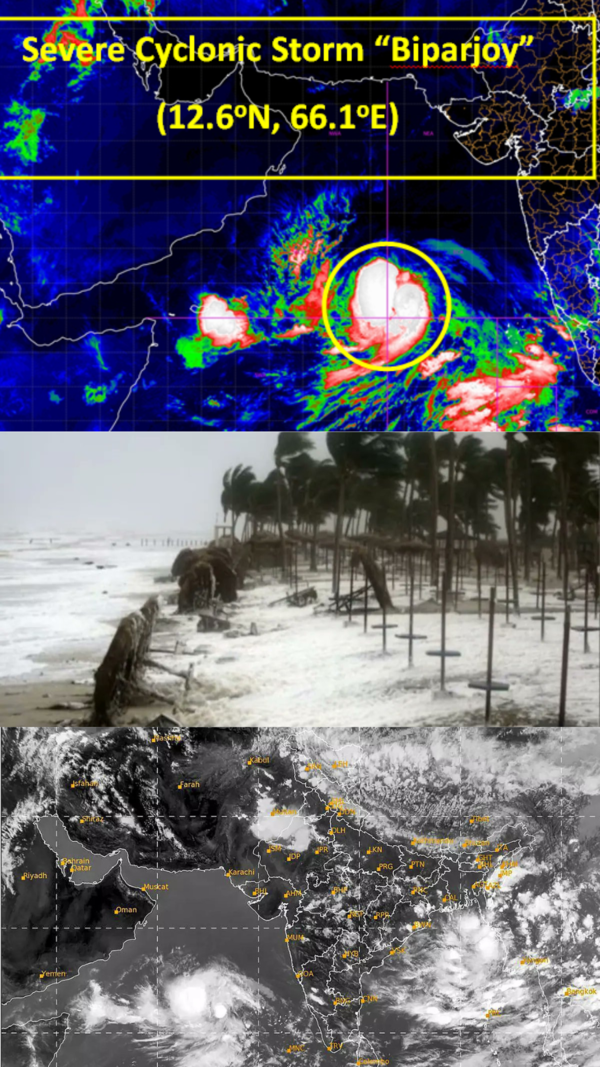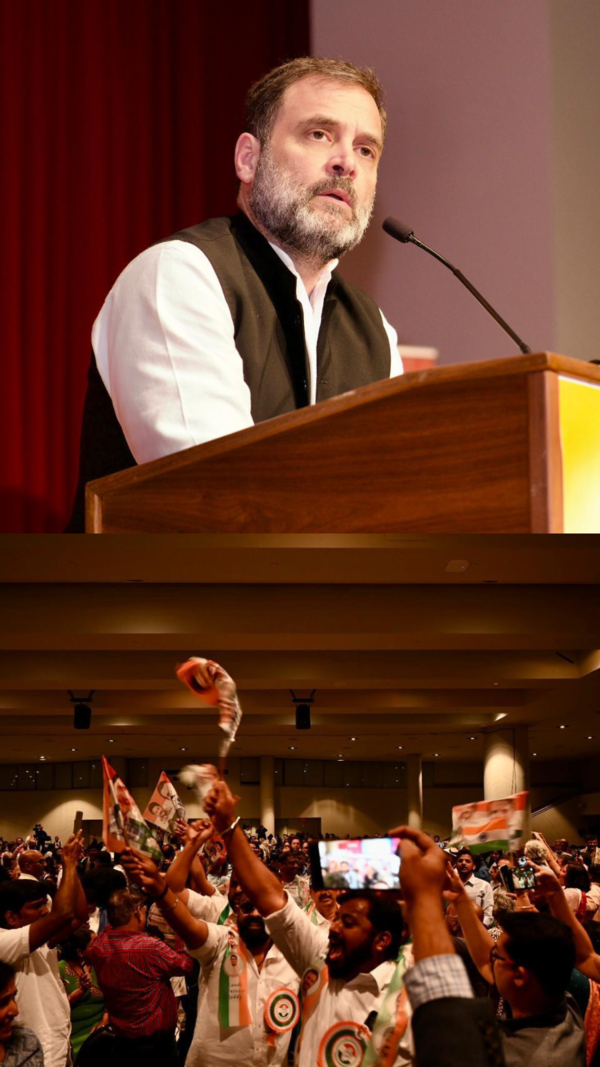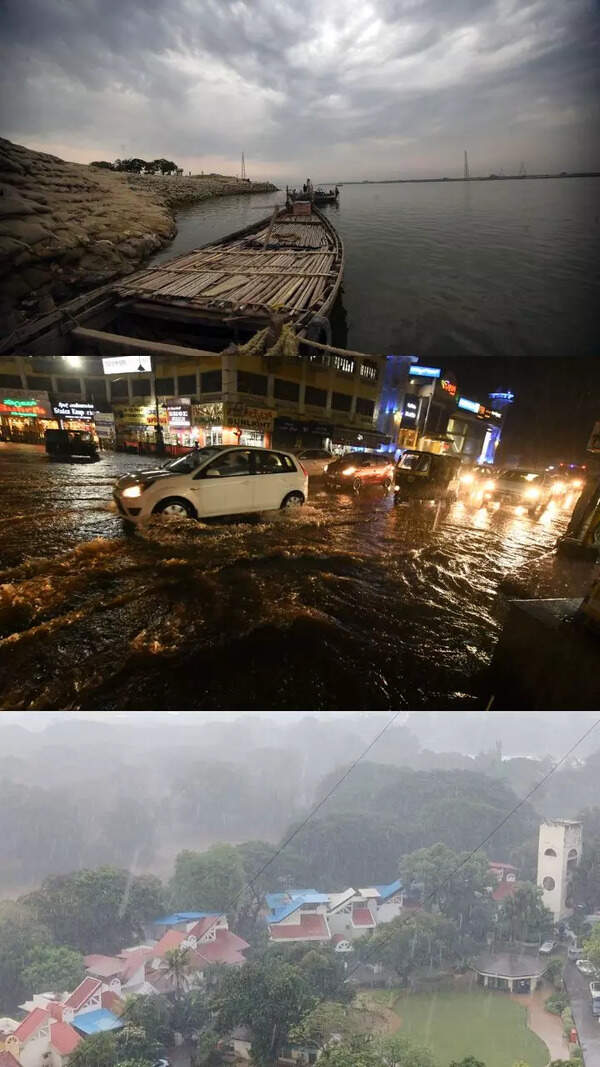- News
- City News
- thiruvananthapuram News
- Resilient Kerala: WB approves $150m loan
Trending
Resilient Kerala: WB approves $150m loan

Thiruvananthapuram: The board of directors of the World Bank approved a $150 million loan to support Resilient Kerala programme to continue strengthening the state’s preparedness against natural disasters, climate change impacts, and disease outbreaks. This additional financing will further deepen the state’s resilience in critical areas of coastal erosion and water resource management.
According to a statement released by the World Bank on Saturday, this loan from the International Bank for Reconstruction and Development (IBRD) has a final maturity of 14 years, including a grace period of six years.

This financing complements the bank’s earlier investment of $125 million. The overall support of the two projects is expected to protect nearly five million people from the impacts of floods.
The additional financing will expand and deepen the state’s resilience to mitigate impacts of coastal erosion by building a shoreline management plan. The plan will assess the current and future shoreline changes in the state and create policies to address the risks to environmental resources, human settlements and infrastructure along the coast.
After the devastating floods and landslides of 2018, the World Bank had invested in building Kerala’s capabilities to respond to shocks to the state’s economy and prevent the loss of lives, assets, and livelihoods. The programme supported important policy and institutional reforms in the state, including improved management of the Pamba river basin, sustainable and climate-resilient agriculture, risk-informed land-use and disaster management planning at local levels.
Additional resources will now address hotspots and vulnerable coastal erosion sites where immediate attention is needed. It will also help develop an integrated river basin management plan for the Pamba river basin and support restoration of rivers and lake embankments to minimize flood damages in future.
The project will help the state develop a climate budget and a roadmap to help fill gaps in the state’s open data and digital systems to reduce people’s vulnerability to natural hazards. Currently, satellite maps, risk maps and sectoral data are not integrated into a single platform, leading to gaps in planning and execution of public sector investments, said the World Bank authorities.
According to a statement released by the World Bank on Saturday, this loan from the International Bank for Reconstruction and Development (IBRD) has a final maturity of 14 years, including a grace period of six years.

This financing complements the bank’s earlier investment of $125 million. The overall support of the two projects is expected to protect nearly five million people from the impacts of floods.
“Through this additional financing, the World Bank will continue supporting Kerala in increasing its resilience to climate change,” said Auguste Tano Kouame, World Bank’s country director for India. The project will focus on addressing coastal erosion along vulnerable areas of the state, impacting millions of lives.
The additional financing will expand and deepen the state’s resilience to mitigate impacts of coastal erosion by building a shoreline management plan. The plan will assess the current and future shoreline changes in the state and create policies to address the risks to environmental resources, human settlements and infrastructure along the coast.
After the devastating floods and landslides of 2018, the World Bank had invested in building Kerala’s capabilities to respond to shocks to the state’s economy and prevent the loss of lives, assets, and livelihoods. The programme supported important policy and institutional reforms in the state, including improved management of the Pamba river basin, sustainable and climate-resilient agriculture, risk-informed land-use and disaster management planning at local levels.
Additional resources will now address hotspots and vulnerable coastal erosion sites where immediate attention is needed. It will also help develop an integrated river basin management plan for the Pamba river basin and support restoration of rivers and lake embankments to minimize flood damages in future.
The project will help the state develop a climate budget and a roadmap to help fill gaps in the state’s open data and digital systems to reduce people’s vulnerability to natural hazards. Currently, satellite maps, risk maps and sectoral data are not integrated into a single platform, leading to gaps in planning and execution of public sector investments, said the World Bank authorities.
Start a Conversation
FOLLOW US ON SOCIAL MEDIA
FacebookTwitterInstagramKOO APPYOUTUBE










